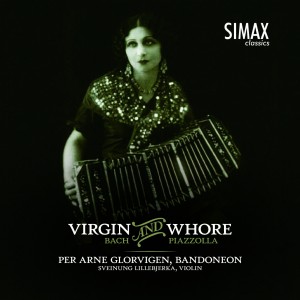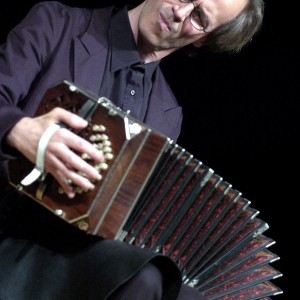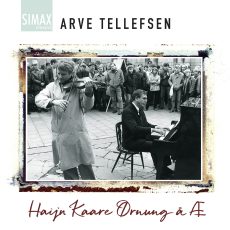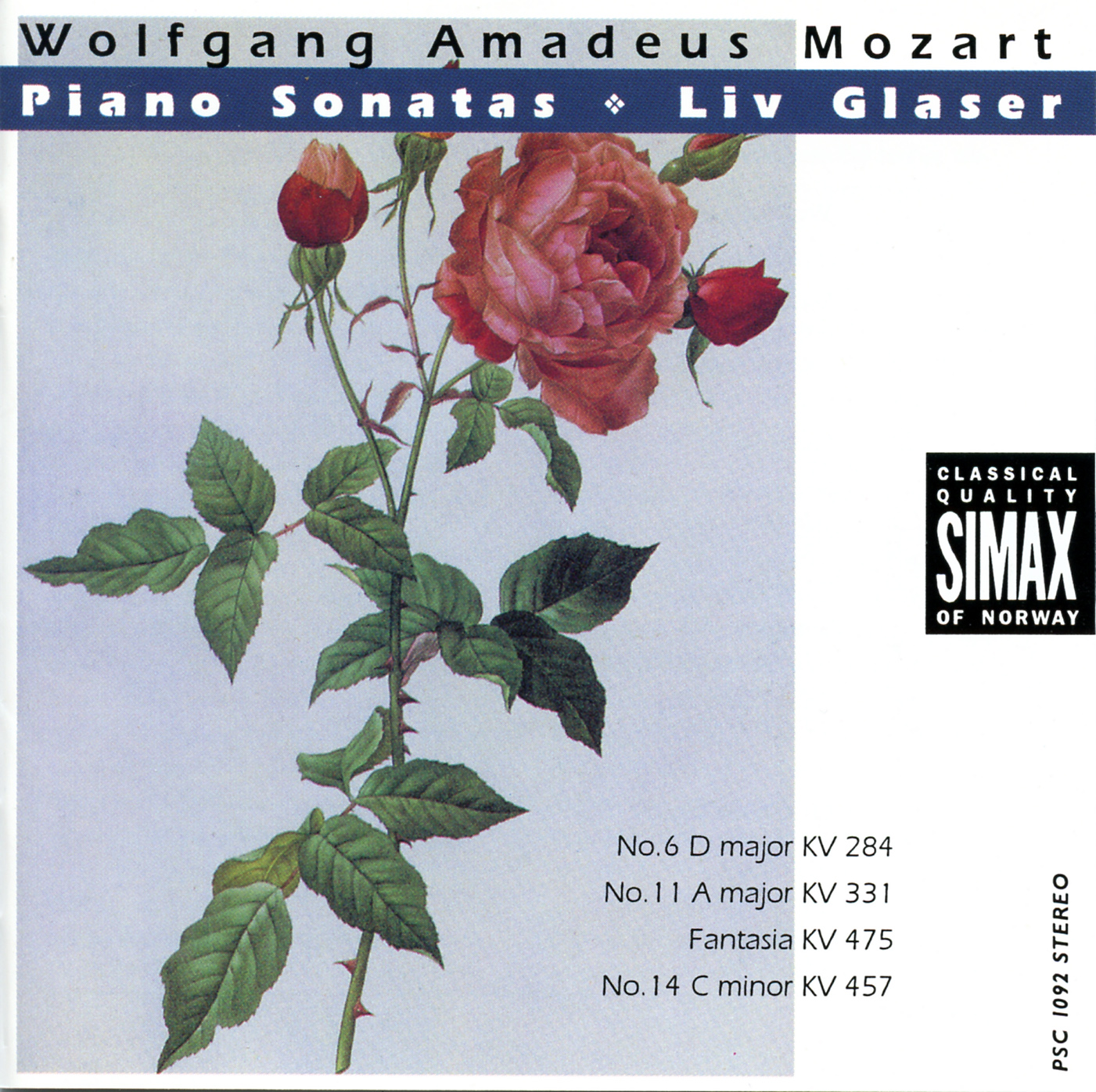The shocking journey from the churches of Germany to the brothels of Argentina. The bandoneon legend covers both Bach and Piazzolla. Per Arne Glorvigen is at home in both styles of music – and even throws in tango-style improvisations on Bach!
German churches
Maybe because of its organ-like sound, somebody came up with the idea of using the bandoneon as a portable organ in smaller churches. However the bandoneon evolved into a more and more complex instrument – it has been called the ‘only illogical German invention’ – and before long it was four times as difficult to play as an accordion. The playing of Bach on the bandoneon almost vanished. If this instrument was to survive it hand to be played in another way, in a different music.
New world – new music
Emigration from Europe brought the bandoneon with the German sailors to Rio de la Plata around 1880. The melancholy voice of the instrument was ideal for the new music that was evolving: the Tango.
Tango, brothels and bandoneon
The huge overpopulation of men (5:1) made prostitution big business in the European settlements in Argentina and Uruguay. It was in the brothels of Buenos Aires that the tango was born, and the bandoneon finally found its music. The tango moved up in the world, into the dance halls and bars. It was to this scene the 17 year old Astor Piazzolla returned from New York. Influenced by jazz he started playing the bandoneon in night-clubs, developing the tango further. Piazzolla of course went on to study composition with Nadia Boulanger in Paris, all his life with J.S. Bach as one of his strongest musical references.


















